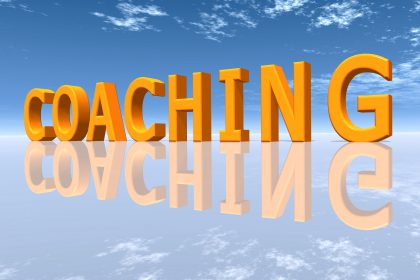How is excellence in coaching defined? Chances are that each coach you ask has a different perspective, though many follow a similar over-all description. In exploring excellence, a first step is a working definition of coaching.
The International Coaches Federation, ICF, defines coaching as “partnering with clients in a thought-provoking and creative process that inspires them to maximize their personal and professional potential.”
Expanding the concept further, as a partner, a coach is neither a mentor nor a mental health professional, two commonly confused roles. The key difference is that while a coach does provide perspective, they do not give advice. What is the difference between perspective and advice? When giving perspective, a coach provides multiple examples or possibilities to open the thought process and brainstorm. The coach then asks the client what they want to do moving forward.
The ICF also notes that the top indicator of success in a coaching relationship is the rapport between the coach and the client. This requires the skill of the coach to flex to the client’s preferred style and connect effectively while earning respect.
Excellence in coaching is built on the definition of coaching and the rapport in the coaching relationship. For a coach to be excellent, they must have the appropriate experience and skill with a process that effectively serves the client.
In this series on coaching excellence, the areas of experience, skill, and process are explored. Next week three blog posts explore experience in the areas of work, life, and training. Three articles follow on skill in the areas of recognizing client preferences for understanding and rapport, listening, and questioning. Finally, three blog posts consider the process: written agreement, coaching sessions, and a client focus.




